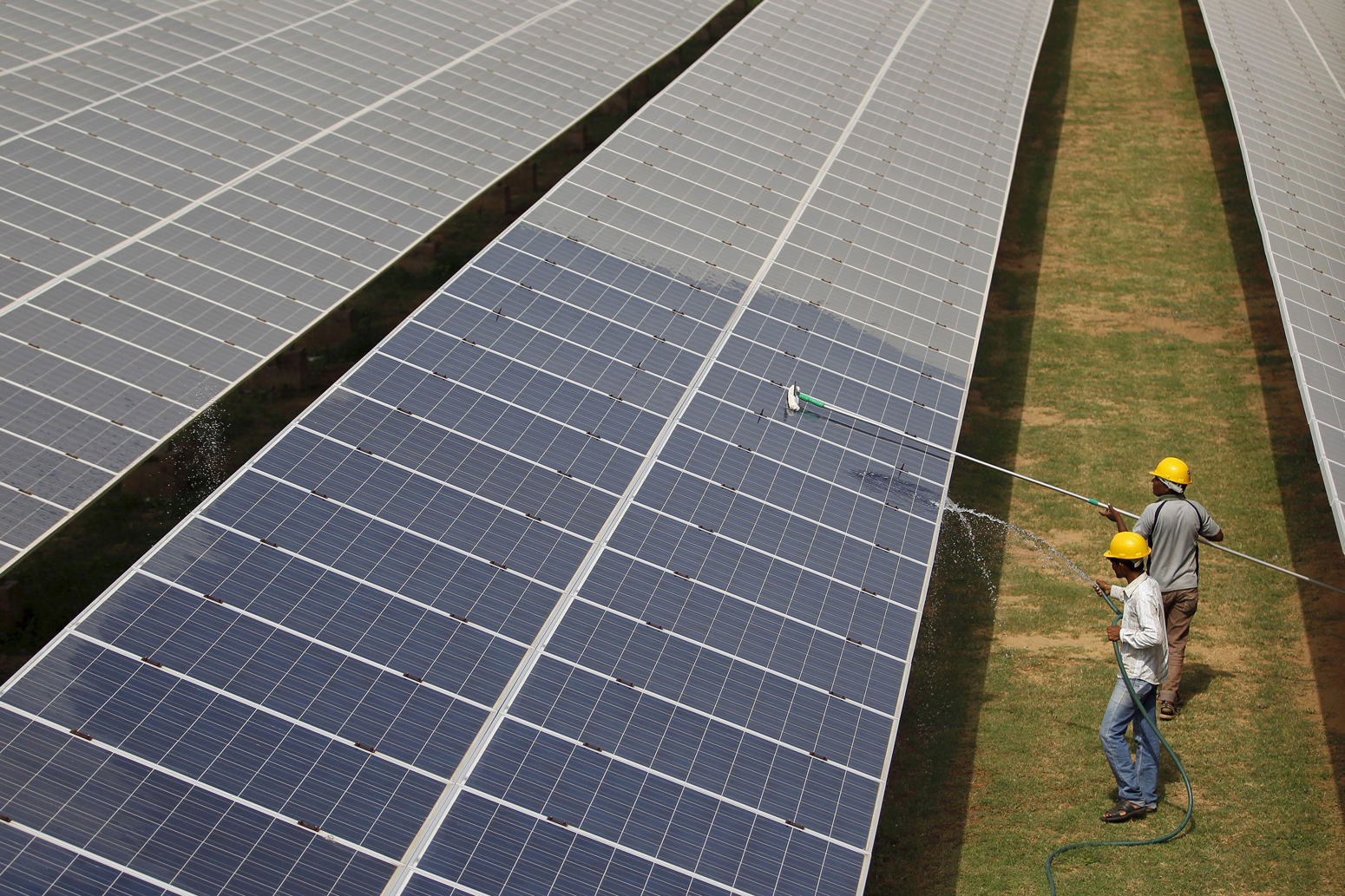German Prof: Climate Science Politicized, Exaggerated, Filled With “Fantasy”, “Fairy Tales”…”Paris Accord Already Dead”!
By
P Gosselin on 7. October 2020
Share this...

 German professor, co-founder of modern environmental movement, says climate science is exaggerated, filled with fairy tales and believes the Paris Accord is “already dead”.
German professor, co-founder of modern environmental movement, says climate science is exaggerated, filled with fairy tales and believes the Paris Accord is “already dead”.
In an interview with publicist Roland Tichy, Prof. Fritz Vahrenholt – one of the founders of Germany’s modern environmental movement – said we have in fact three generations time to revamp the world’s energy supply system to one that is cleaner and sustainable.
He rejects the Fridays For Future claim that there are only 12 years left.
Climate catastrophe not taking place
In the interview, moderator Tichy reminded that civilization began 7000 years ago, a time when it was “3°C warmer than today”, and Vahrenholt responded saying he expects civilization to continue for another seven thousand years. There was no tipping point back then, why would there be one today? “Warmth and moisture have always been good for mankind,” said Vahrenholt. “Cold has been man’s worst enemy.”
Plenty of time to move rationally
The German professor also said that the claimed catastrophe “is not taking place” and that policymakers are trying to use “panic and fear to get the people to act.” Much of the warming measured since 1850 is the result of natural warming taking place due to the end of the Little Ice Age, he explained. . . .
Electric cars a “crackpot idea”
Vahrenholt also believes electric cars powered by batteries is not a feasible technology, and that other experts quietly call it “a crackpot idea”, and don’t speak up for fear of losing research funding. The vast majority of funding comes from the German government. . . .


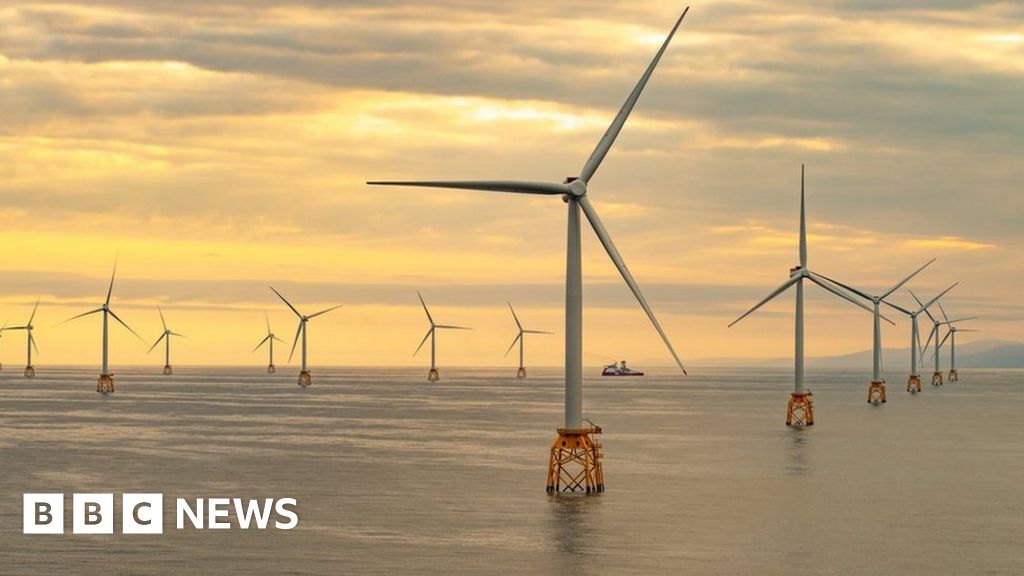



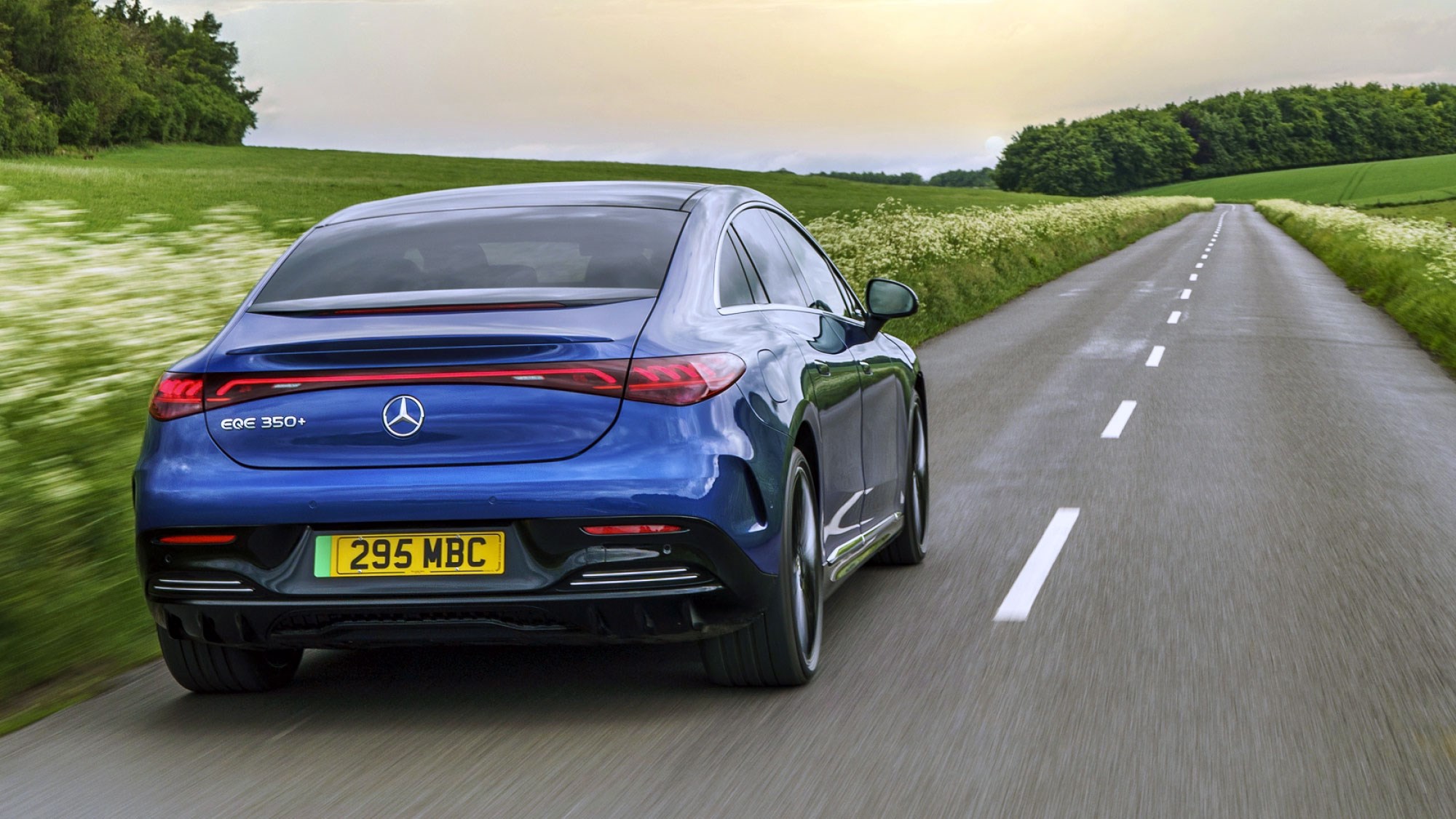


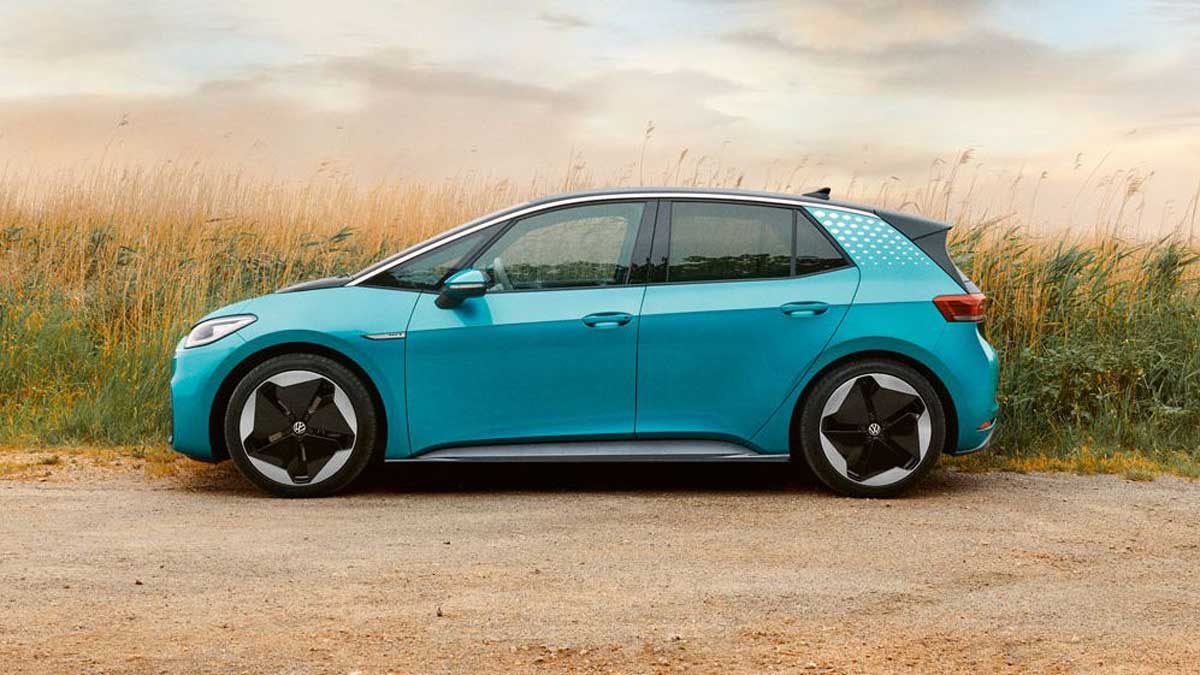
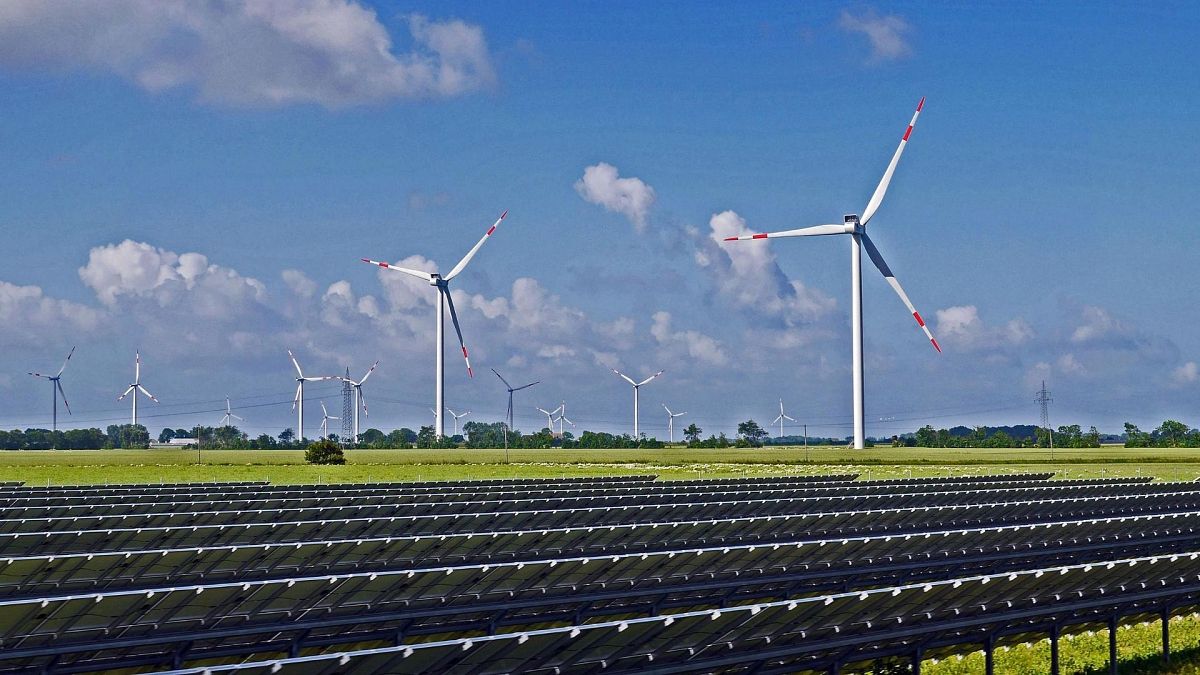
/cdn.vox-cdn.com/uploads/chorus_asset/file/13668774/tesla_model_3_0638.jpg)


